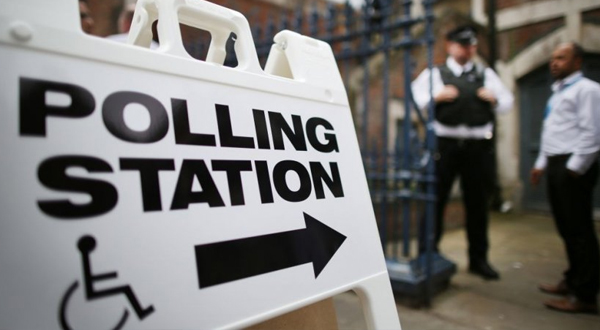LONDON: South Africa’s joy of winning Test series against Sri Lanka spoiled, as emerging pacer Kyle Abbott and batsman Rilee Rossouw have signed Kolpak deals with Hampshire barring them from representing South Africa any more.
Right-arm seamer Abbott, 29, returns to the county he played for as an overseas signing in 2014 on a four-year deal.
Rossouw, 27, can open or bat lower down the order and has joined Hampshire on a three-year deal.
Abbott announced his retirement from international cricket at the end of South Africa’s second Test win against Sri Lanka in Cape Town on Thursday.
“It’s been one of the hardest decisions I’ve had to make through my years of playing cricket,” he said. “At the end of the day, it’s the right decision for me.”
“I’d like to thank Cricket South Africa, my team-mates, my family for the ongoing support through this time,” he added as he fought back tears. “I would really appreciate the public respect my decision.”
Abbott did not take a wicket in the Proteas’ 282-run victory, which was his 11th Test appearance.
On the other hand, the left-hand batsman, Rossouw played 36 one-day internationals and 15 Twenty20 internationals for South Africa, the most recent against Zimbabwe in October.
Faf du Plessis, South Africa’s captain, said: “That was not the way we wanted. It was something that we didn’t expect and it was out of our control. We did get together and spoke to Kyle and tried to change his mind. Kyle had already set up what he wanted to do. Then it was just about me making sure the boys were focused on the job at hand. The boys were brilliant. Even Kyle. He wanted to make sure everything was about the team. I’m a little bit upset that Kyle couldn’t get one or two wickets. I would have liked to see him do well in his last outing.”
Kolpak contracts are named after Slovak handball player Marius Kolpak, who won a landmark case at the European Court of Justice in 2003.
It allows sportsmen from countries that have associate trade agreements with the European Union, including South Africa, the same right to free movement as EU citizens without being classed as ‘foreigners’.





